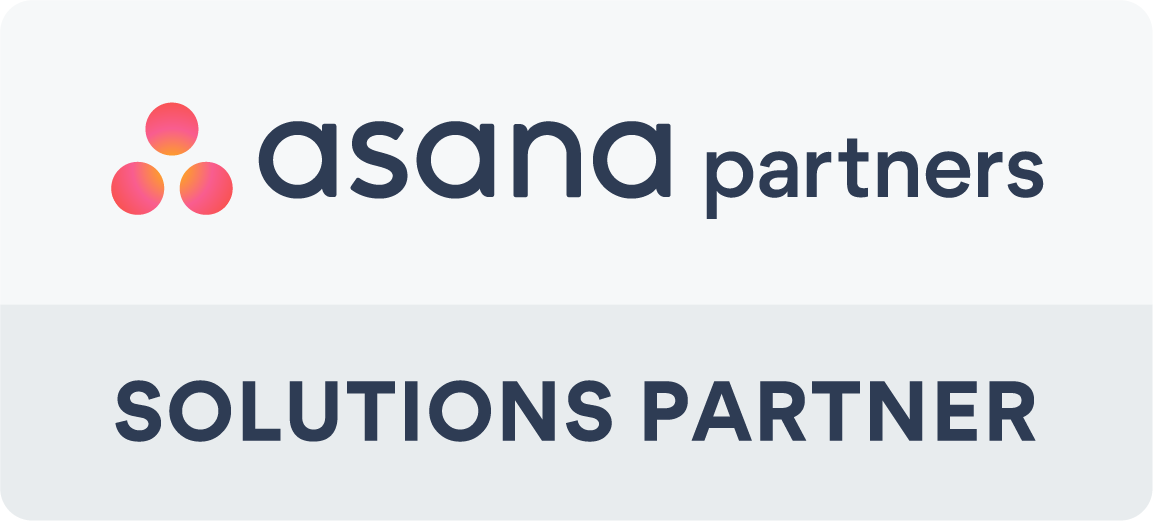BONUS EBOOK: 5 Reasons to Use Cloud Security with Remote Workers
The modern workspace is changing rapidly under pressure from the global COVID-19 pandemic. Employers are now testing new working models and arrangements that provide greater flexibility, mobility and freedom. For the first time, the focus is now on employee satisfaction and retention.
The correlation between happiness and productivity is reasonably apparent and has been the topic of increasing research over recent years. According to data from the Department of Economics at the University of Warwick - happy workers are 12% more productive than the average worker, and unhappy workers are 10% less productive.
Happy workers are 12% more productive than the average worker, and unhappy workers are 10% less productive.
Department of Economics at the University of Warwick
In general, disgruntled employees cost American based business over $300 billion a year. What's' even more – employees who are actively engaged in their job also produce better results and are more likely to solve complicated problems faster. In other words, – happy employees are the ones who will stay with you as your company grows and overcomes challenges.
As such, new practices such as BYOD are finding their way into the workplace.
BONUS EBOOK: 5 Reasons to Use Cloud Security with Remote Workers
What is BYOD?
BYOD (Bring Your Own Device) is an IT practice where employees use their personal devices to access enterprise systems and data. Observations show that BYOD increases employees' satisfaction because they use their own devices, helping them feel more at ease with controlling their work.
The practice has obvious benefits for employers as it reduces the firm's technology cost.
With that in mind, there are some things to consider before implementing BYOD, such as managing BYOD devices and, more specifically, the best ways to secure them. Before allowing employees to use their own personal devices, you should consider the following implications:
- Leakage of data: Employees using their personal devices, leave more risk to data leaks and the threats opens up when employees are using their mobile phones.
- Less control over the mobile devices used in the organisation means systems and networks are more vulnerable to attacks. Employees can always download mobile apps and connect to external Wi-Fi spots without having the correct security protocol.
- Mixing personal and business data: when employees use their devices for individual activities and work, data sets get mixed, and applications may affect the business data.
How to Implement BYOD securely?
If you are thinking of implementing Bring Your Own Device (BYOD) then the chances are that you have evaluated the challenges and considered the possibilities it brings to employees and IT management. To successfully roll out Bring Your Own Device, you need to include a robust BYOD policy for your organisation to protect sensitive business information while also keeping in mind employee's interests.
A robust BYOD policy should at least cover:
- The deployment of Mobile Device Management tools that monitor malicious apps or programs, device usage, and remotely wipe organisational data in case of device loss.
- Restriction or reduced access to blacklisted sites and apps from the corporate network.
- Acceptable use should list specific data, systems, apps, networks, and a particular time when the BYOD devices can access corporate assets.
- The installation of firewalls on employee devices to block illegal packets, in case an employee device connects to an unsafe external network.
- The amount of access needed to the employee's device to cover maximum business security needs.
- Signed consent for the employer to access, review, monitor, and collect legally accessible data from the BYOD device.
- Information about and the process for remote wiping of business data in case of device loss.
- Whether encrypted business information will need storing on a personal device.
- Blocking access to business data from a third-party application, thus avoiding data backup, can be done using containerisation.
- Real-time coaching of employees to show how and when their device could be contravening policies.
- Protection from cloud phishing attempts.
Technology today is shaping and driving trends in the world around us. As business cycles move at accelerating speeds, the global community moves together into a continuously connected, vibrant network. And the BYOD trend is part of that.
Allowing personal devices for work can be done in a beneficial way to both your organisation and the employees so long as the policies you have are comprehensive, clear, and thorough. If implemented correctly, it will bring your organisation closer to the future workplace of a much more dynamic, fluid and digitalised employer.
If you'd like to find out more about the security options available to your organisation then please complete the form below and one of our security specialists will be in contact.



